Israel’s pariah status grows as more countries join S. Africa’s ICJ genocide case
By Humaira Ahad
The International Court of Justice (ICJ) announced last week that it had received a request from Mexico to join the case filed by South Africa against Israel over genocide in the Gaza Strip.
The Hague-based World Court stated that Mexico invoked Article 63 of the ICJ statute and submitted a declaration of intervention concerning the application of the 1948 Convention on the Prevention and Punishment of the Crime of Genocide in the Gaza Strip.
Mexico expressed its desire “to provide its view on the potential construction of the content of the provisions of the Convention relevant to this case.”
South Africa filed the case against Israel in December 2023 before the ICJ.
Following South Africa’s complaint, several countries, including Turkey, Libya, Nicaragua, Colombia, the Maldives, Egypt, Belgium, Ireland, Mexico, and Chile, submitted requests to join the case.
Chile became the latest country on Saturday to declare its intention to join South Africa’s lawsuit against the Tel Aviv regime.
Chilean President Gabriel Boric, appalled by the humanitarian devastation in Gaza, especially against women and children, stated that the Israeli army has been using “indiscriminate and disproportionate” force in the besieged territory.
"I have decided that Chile will support the case presented by South Africa against Israel in the international court. I have instructed the foreign ministry to prepare a report with our arguments," Boric stated, amid growing international isolation of Israel, which has already earned pariah status.
Mexico’s position on Israeli genocide
Submitting its application to the ICJ, Mexico emphasized that the Genocide Convention “not only proscribes mass killings, but also a broader array of conducts brought together by the intention to destroy, in whole or in part, a national, ethnical, racial or religious group.”
Mexico also raised the issue of the deliberate obstruction of humanitarian assistance by Israel as a "conduct generating conditions for the partial or total destruction of a protected group and its gender-differentiated effects."
"In that sense, Mexico upholds the position that denial of access to humanitarian aid, to the extent that it creates conditions of life calculated to cause serious bodily and mental harm to members of a group, as well as to bring about its partial or total physical destruction, must be examined in the light of Article II of the Convention against Genocide,” Mexico said.
Mexico further noted that the “destruction of cultural heritage” should be considered in the case, arguing that cultural heritage is inseparable from human lives and should be regarded as an integral part of humanitarian and peace-building efforts.
In its declaration of intervention filed at the ICJ, Mexico stated its position that “the massive destruction of cultural property and the eradication of any cultural symbol related to a group can be construed as acts aimed to accomplish the severe harming of a group, diminishing or even destroying the connection between culture and the self-determination and identity of a population, in terms of Article II(b) of the Convention."
Mexico seeks to join South Africa’s genocide case against Israel at ICJhttps://t.co/Gqn66Qr6B0
— Press TV 🔻 (@PressTV) May 29, 2024
Israeli genocide case at the ICJ
The ICJ heard the case in January and issued an interim ruling ordering Israel to ensure no genocidal actions are carried out by its army and no genocidal speeches are made by its officials.
The court, headquartered in the Netherlands, also directed Israel to ensure the delivery of humanitarian aid to Palestinians in Gaza, where more than two million people are on the brink of starvation, and many have already died due to extreme hunger and devastation.
Amid Israel’s military assault on the city of Rafah in southern Gaza, South Africa returned to the ICJ this month, calling for an urgent ruling to halt Israel’s genocidal campaign. The court called on Israel to “immediately halt” its deadly offensive in Rafah.
“Israel shall... immediately halt its military offensive, and any other action in the Rafah governorate, which may inflict on the Palestinian group in Gaza conditions of life that could bring about its physical destruction in whole or in part," the court said.
Ignoring the world court ruling, Israel continued its attacks in southern Gaza, dropping bombs on camps in Rafah, trapping and killing displaced Palestinians.
Israel Embassy torched in Mexico
Israel’s attack on displaced Palestinians outside Rafah led to a deadly fire, killing 45 people and injuring hundreds. Videos showed Palestinians running frantically to escape the inferno.
Following the incident, as images of charred and dismembered children went viral, pro-Palestine demonstrations erupted worldwide.
In Mexico City, hundreds joined the “Urgent Action for Rafah” demonstration outside the Israeli embassy, clashing with anti-riot police and torching the embassy in protest of Israel’s actions.
Clashes erupt during a protest in front of the Israeli embassy in Mexico City fuelled by the regime's genocidal war on Gaza.
— Palestine Highlights (@PalHighlight) May 29, 2024
Follow Press TV on Telegram: https://t.co/fvRn3KuApw pic.twitter.com/r5WTxe6oOR
Countries joining South Africa’s genocide case
South Africa’s genocide case against Israel has become a global issue, with many countries submitting applications of intervention.
Several countries have used a provision in the ICJ Statute that allows third parties to join proceedings if they consider they have “an interest of a legal nature which may be affected by the decision in the case.”
In late January, Nicaragua invoked Article 62 of the Statute of the Court, filing an application for permission to intervene “as a party” in the case.
Nicaragua later filed a separate case against Germany, accusing it of violating its obligations under the Genocide Convention by supporting Israel. However, the ICJ declined the request for emergency measures against Germany.
In April, Colombia sought permission to intervene, urging the court to ensure “the safety and, indeed, the very existence of the Palestinian people.” Colombia emphasized the urgent need for protection for vulnerable populations in Gaza.
Libya formally applied to intervene in the case on May 10, describing Israel’s actions in Gaza as “of genocidal character, as they are committed with the requisite specific intent to destroy Palestinians in Gaza as part of the broader Palestinian national, racial, and ethnical group.”
The Maldives also moved to join the case, arguing that Israel is committing “genocidal acts… under the guise of security concerns,” resulting in mass displacement, acute starvation, and blockage of humanitarian aid.
Last month, Egypt declared its intention to join the case, citing the escalating severity of Israeli assaults on Palestinian civilians and the systematic targeting of civilians and infrastructure in Gaza.
Turkey announced its desire to intervene on May 1, hoping its intervention would help ensure the case progresses in the right direction.
✍️ Conversation - Libya’s intervention in ICJ genocide case to prompt others to isolate Israel: @AbdiwahabSheik7 https://t.co/k8qCsPV9a3 pic.twitter.com/UwBqddeqoK
— Press TV 🔻 (@PressTV) May 17, 2024
European countries also join the case
Several European countries have voiced their intention to intervene in the case. In March, Ireland announced it would join the case, with Foreign Minister Micheal Martin condemning Israel’s actions in Gaza as violations of international humanitarian law.
Belgium also announced its intention to join the case in March, submitting an application to the ICJ to support the South African lawsuit against Israel.
Israel’s growing international isolation
Karim Khan, the chief prosecutor of the International Criminal Court (ICC), announced last month that he had applied for arrest warrants for Israeli officials, including Prime Minister Netanyahu and Defense Minister Yoav Gallant.
The United States acknowledged Israel’s growing isolation in the international arena. “We have seen a growing chorus of voices, including voices that previously supported Israel, moving in another direction,” White House National Security Adviser Jake Sullivan stated.
This growing international isolation has deepened, with three European countries—Ireland, Spain, and Norway—formally recognizing a Palestinian state earlier this week in a historic move, joining a long list of countries that have already done so.
In this scenario, Mexico and Chile’s decision to join South Africa against Israel at the world court, experts believe, will further fuel Israel’s international isolation as a pariah entity.
VIDEO | Russian general killed in Moscow bombing
Iran warns E3 against misusing JCPOA snapback mechanism
Gharibabadi: Iran’s enrichment program has no military objectives
FM: Protecting political borders of regional countries Iran’s red line
Iran: Terrorism threatens peace, security and human rights
VIDEO | Resistance Axis unstoppable
Iran manufacturing its own version of Boeing, Airbus engine parts: Official
Israel expands urbicide as tool of genocide in Gaza: Euro-Med


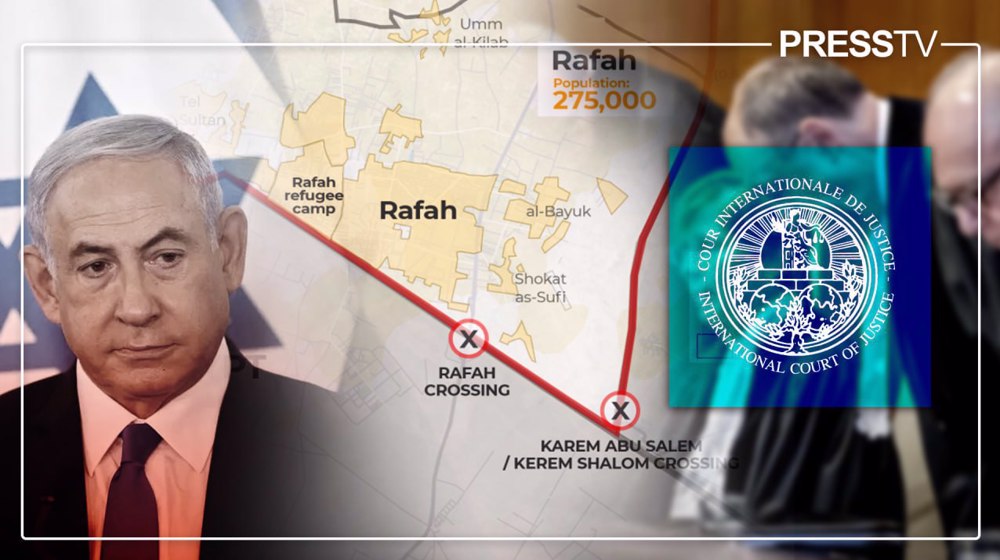
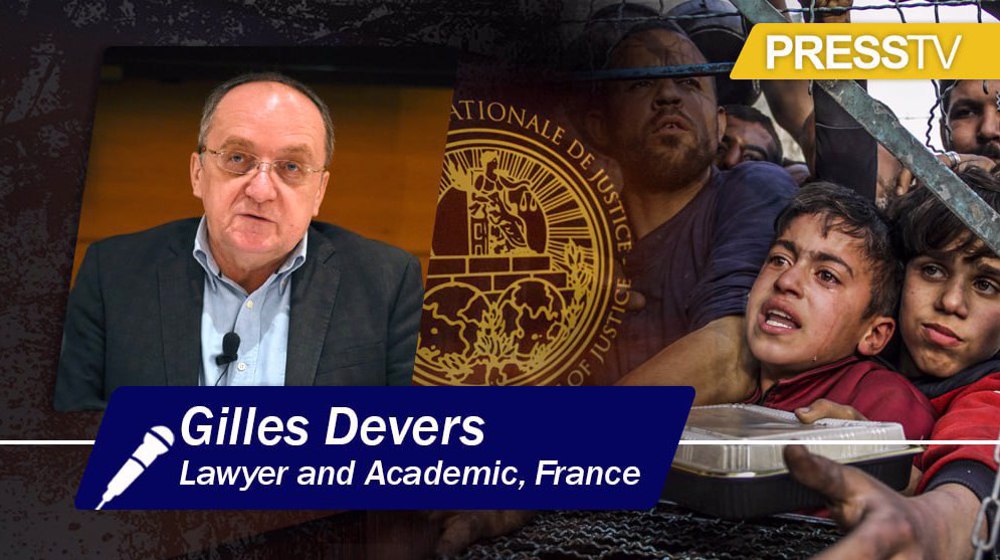
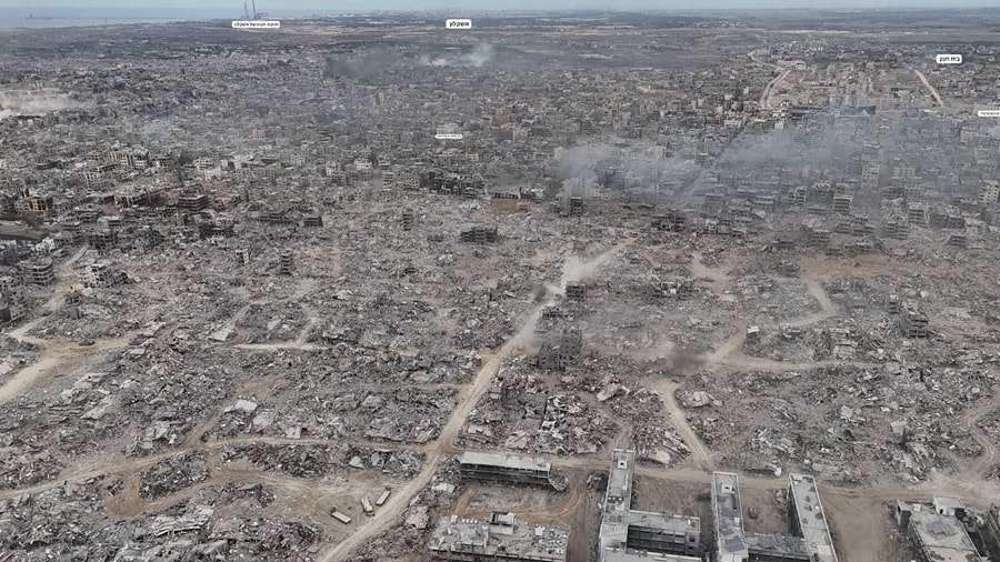





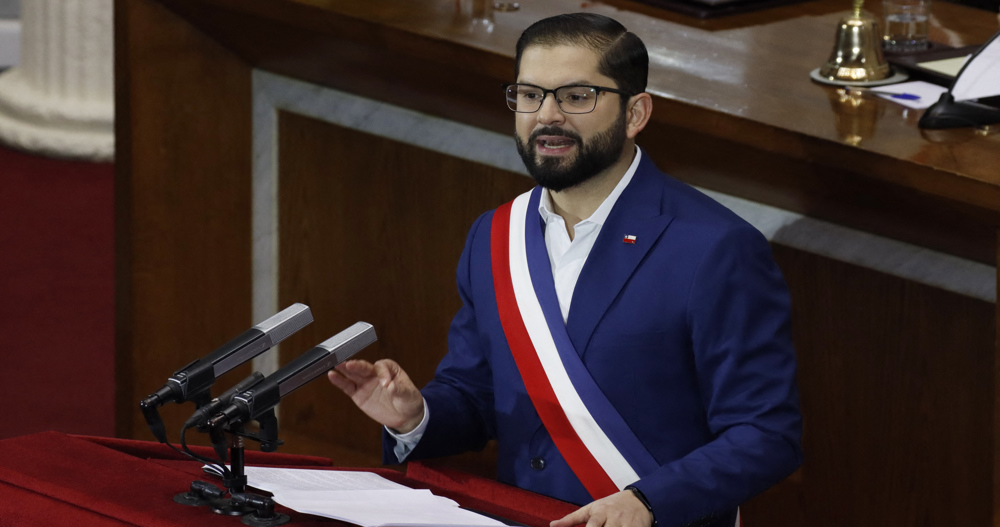
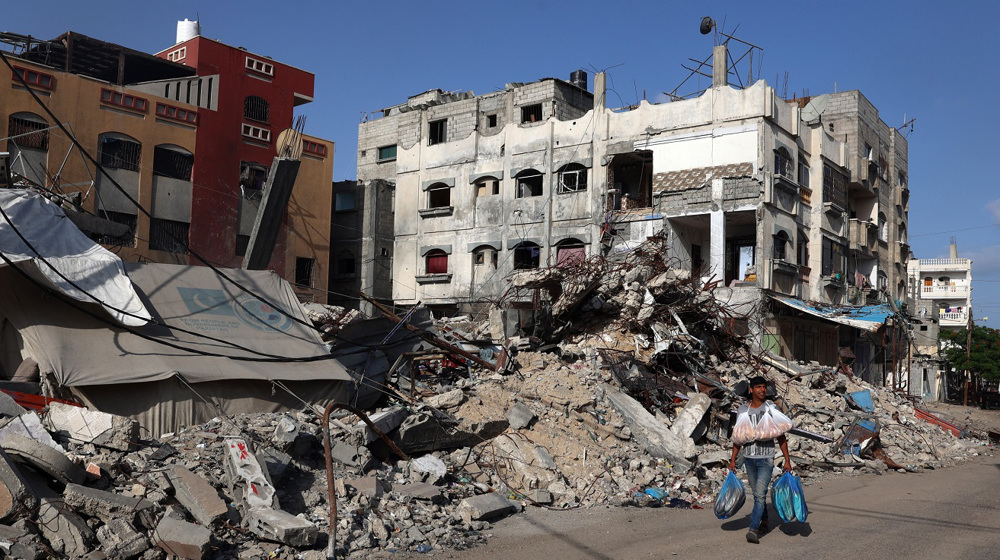
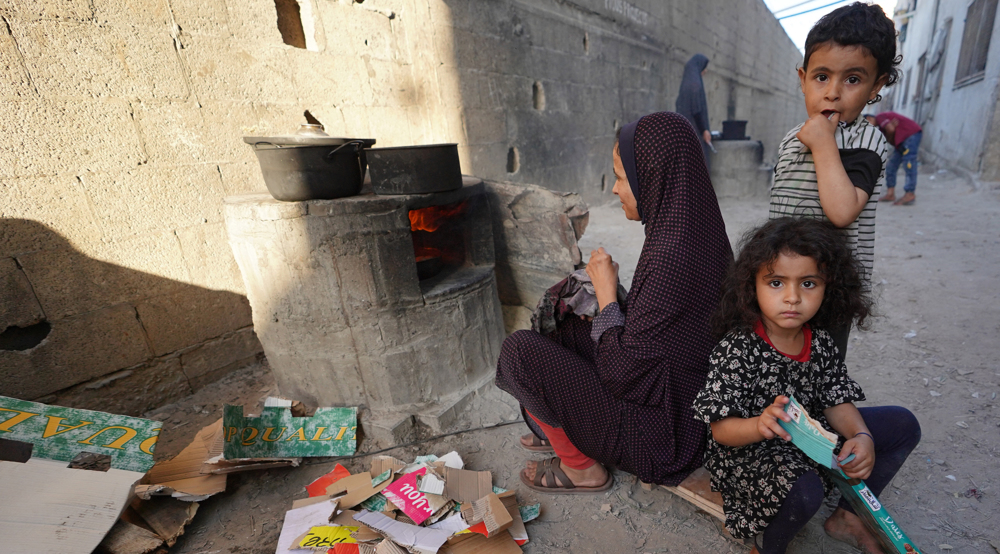
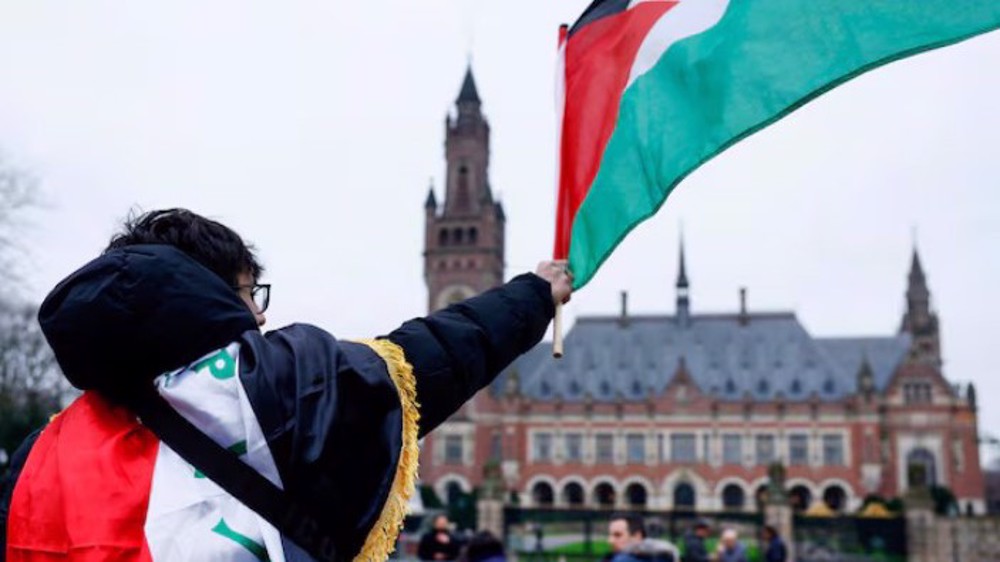

 This makes it easy to access the Press TV website
This makes it easy to access the Press TV website